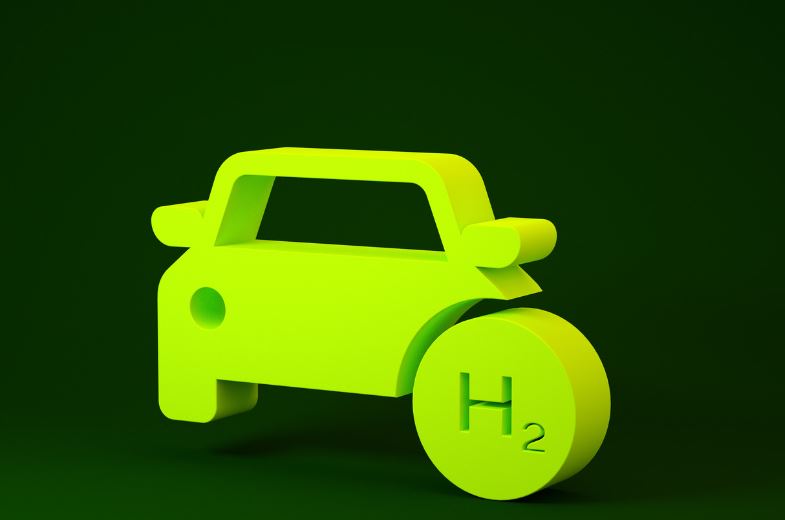As the curtains fell on CES 2024, showcasing an array of language learning models, in-car AI assistants, and colossal infotainment displays, it was the resurgence of hydrogen and a renewed focus on fuel cell-powered passenger vehicles that emerged as a noteworthy, albeit understated, highlight.
At the forefront of this hydrogen resurgence was Hyundai, a trailblazer in hydrogen-powered vehicle sales. Despite the masses being captivated by other tech marvels at CES, Hyundai’s central stand underscored a commitment to harnessing clean energy from waste products, including plastics and biomass. Notably, the company reaffirmed its dedication to powering heavy goods vehicles with hydrogen.
Hyundai’s foray into hydrogen began with the mass production of the Nexo in 2018, securing the world’s highest market share in hydrogen-powered vehicle sales. The XCIENT Fuel Cell truck, capable of covering 400km on a single fueling, further solidified Hyundai’s position in the hydrogen domain.
The CES announcement shed light on Hyundai’s HTWO initiative, a comprehensive approach encompassing the production, storage, transportation, and utilization of hydrogen. Beyond passenger cars, Hyundai’s hydrogen ambitions extend to diverse sectors within the Hyundai Group, including steel, construction, air mobility, marine, and robotics.
Mark Freymueller, Senior Vice President Global Commercial Vehicle Business at Hyundai Motor Company, emphasized the significance of hydrogen in the heavy goods industry. The predictable driving patterns of large trucks make it conducive to creating the necessary infrastructure, with insights gained likely influencing future passenger vehicles.
While Hyundai prominently showcased its hydrogen vision, Honda, another early advocate of hydrogen fuel cell technology, echoed the importance of hydrogen in future transport. Inoue Katsushi, President of Honda Motor Europe, positioned the fuel cell era as the next phase following the dominance of battery electric vehicles (EVs). However, he acknowledged that the fuel cell era might take more time to mature.
Inoue attributed the relatively low sales volume of Honda’s FCX Clarity to inadequate hydrogen fueling infrastructure and the high price of the model. Despite these challenges, Honda remains committed to hydrogen, especially in the commercial vehicle and industrial sectors.
Beyond Hyundai and Honda, other automotive giants are not overlooking the potential of hydrogen. BMW, known for its commitment to EVs, emphasized the importance of hydrogen as an alternative. BMW board member Milan Nedeljković highlighted the company’s flexible facilities, open to accommodating hydrogen and other alternative technologies.
In an industry predominantly leaning towards battery electric technology, hydrogen offers a promising alternative. As next-gen solid-state battery technology competes for attention, the pressure on electric grids and prolonged refueling times remain challenges. Hyundai’s Mark Freymueller emphasized that charging massive batteries, especially in the heavy goods industry, strains local grids.
As hydrogen technology matures and refueling infrastructure catches up, it could emerge as a compelling option for consumers, providing automakers with an additional avenue to meet their zero local emissions targets.
The road ahead for hydrogen-powered vehicles involves overcoming challenges, but CES 2024 signals a renewed commitment from key players in the automotive industry to explore the potential of hydrogen in shaping the future of sustainable mobility.





